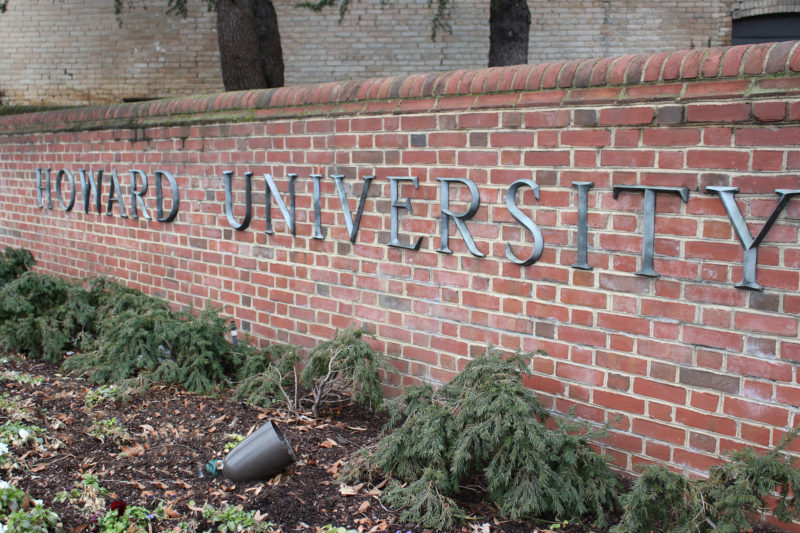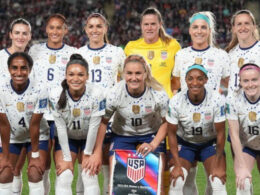By Rhonda
Historically Black Colleges and Universities (HBCUs) have been around since the 1800s, but for generations state legislatures have treated the institutions as inferior, directing higher education funding to predominately white institutions. These colleges have provided social mobility for vulnerable populations of students for a long time, but in the last couple of years HBCUs are receiving major wins through corporate partnerships, and it’s about time.
This year, the Department of Education will set aside a record-breaking $2.7 billion for HBCUs as part of the administration’s commitment through the Higher Education Emergency Relief Fund (HEERF). “HBCUs create pathways to opportunity for Black students and foster academic excellence throughout our nation,” the White House said in the announcement.
HBCUs are finally getting the money and the recognition they deserve and organizations and employers are increasing their investments in these universities. These organizations seek to invest in Black students and workers. Workforce development programs are popping up all over the nation. The initiatives focus on both students who have yet to begin their careers and working adults who need additional education and training to advance.
Corporations and higher education institutions are reevaluating how they support all people of color and especially Black Americans. We are seeing this in a few ways. One, there are many efforts to deemphasize the role of a bachelor’s degree when hiring, and two, efforts are being designed to help more Black Americans who do earn degrees leverage them to advance their careers.
HBCUs have what companies increasingly want – diversity. The public outrage over the killing of George Floyd motivated many Fortune 500 companies to do more to improve racial equity in the United States, including bolstering the ranks of Black Americans working in Corporate America. Companies including Nissan, Cricket Wireless, Peloton, Tiffany & Co., Coca-Cola, Beats By Dre and Aflac have partnered with HBCUs and weaved those institutions’ causes and culture into their messaging.
Companies like Boeing are leading the way in HBCU-Corporate partnership cultivation. Boeing announced a groundbreaking $6 million investment in technical workforce development in partnership with the Thurgood Marshall College Fund (TMCF). These big corps are shifting their entry-level talent strategy. They understand it’s more effective to develop talent over a course of years, with a focus of establishing meaningful relationships, and they are willing to pay to train future mid-level managers, managers, and future executives while they are in school through on-site training, corporate mentoring and field exposure.
Recently, there was a groundbreaking moment for HBCUs when Howard University signed a breakthrough deal with Jordan Brand. Howard Bison athletic teams will wear the iconic Jumpman as a part of this school-wide deal. The new pact is Jumpman’s first comprehensive venture in HBCUs since signing an HBCU as one of its original three “Jordan schools” when the Nike subsidiary began collegiate sponsorship deals in 1997.
Howard will join the University of North Carolina, UCLA, Michigan, Georgetown, Marquette, San Diego State, Houston, Oklahoma, and Florida as Jordan-branded collegiate athletic departments. Bravo!
Congratulations @HUBisonSports on your deal with @Jumpman23 #Howard #Jordan #HBCUs pic.twitter.com/yNcZY4VAvh
— yardtalkhbcu (@yardtalkhbcu) May 25, 2022
CP3 also had a big assist in this deal. The Phoenix Suns All-Star Chris Paul pushed particularly hard behind the scenes to get HBCUs under the Jordan Brand umbrella. The future Hall of Famer signed with the Jumpman back in 2006 and remains one of the brand’s signature athletes today. Behind closed doors, Paul has encouraged Jordan representatives to do bigger business with HBCUs.
CP3 is one of the most prominent HBCU backers across the world of sports and entertainment, Paul’s influence in moving the needle of brand and corporate support is no surprise. His whole family is connected to and has attended HBCU schools, including Winston-Salem State University (WSSU) in his North Carolina hometown, Hampton University, North Carolina A&T, and Southern University.
HBCU leaders say they’ve been flooded with millions of dollars in donations from major companies as well as billionaire philanthropists like MacKenzie Scott, Michael Bloomberg and the Bill & Melinda Gates Foundation. The schools caution that it’s too early to say with certainty how many more Black college graduates are actually getting hired by major companies, but so far they’ve seen a substantial rise in the number of internships and job interviews provided by major brands.
The future looks bright for HBCUs and it’s about time. Nicole Tinson, CEO of HBCU 20×20, a nonprofit that connects black college grads with top companies said, “It’s very rare that we reach out to companies.” Tinson added. “We’re at the point now where companies are reaching out to us.” This is a trend that’s going to continue and it’s wonderful to witness.
Photo Credit: Eric Glenn





